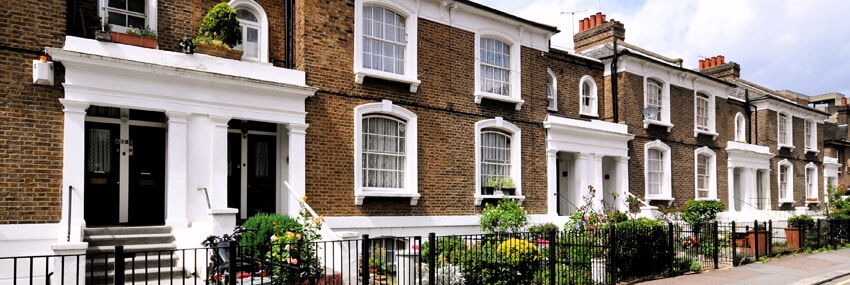Writing for Taxation magazine’s Readers’ Forum, BKL tax consultant Terry Jordan responds to a reader’s query about inheritance tax (IHT) on life interest in an uneconomic flat.
‘Our client became the life tenant of a flat from the will of her late husband who died in 2014.
The flat has proved difficult to let and any income received from the property is only incidental to her main sources of income.
I believe that the life interest will form part of her estate when she dies and I am unclear as to whether her estate is then liable for all the inheritance tax that may be due.
Her other assets would, at present, be enough on their own to trigger a charge to inheritance tax on her death. There is no inheritance tax allowance from her late husband’s estate.
Given the low level of income and her age, any inheritance tax charge to her estate would seem disproportionate compared with the benefit to her.
Would readers advise on the inheritance tax liability on her death and, if not, on my client’s executors who would be responsible for any inheritance tax.
I look forward to replies.’ Query 19,745 – Wooden Horse.
Terry Jordan’s reply: Potential cost to the beneficiaries of the client’s free estate.
‘Wooden Horse’s client enjoys an immediate post-death interest within IHTA 1984, s 49A under the will of her late husband and the effect of s 49 is to treat her as the beneficial owner of the underlying capital being the uneconomic flat. In the event of her death any available inheritance tax nil rate band would be apportioned rateably across the value of the flat and the client’s free estate. The trustees of the will trust would be responsible for the tax attributable to the value of the flat.
If the client’s life interest comes to an end during her lifetime, she will make a deemed potentially exempt transfer if one or more beneficiaries become absolutely entitled and a deemed immediately chargeable transfer if there are ongoing trusts. The will might have included a power of appointment or the client might simply surrender her life interest; in the latter case the destination of the flat would follow the terms of the will and could not be targeted.
If the trust comes to an end the trustees will make a disposal for capital gains tax purposes although it may be that the flat has not increased in value since 2014. On the face of it the trustees would have an annual capital gains tax exemption of £6,150 if this is the only trust created by the late husband. Any liability would be at 28%.
There is a potential cost to the beneficiaries of the client’s free estate which should be considered. If the client dies within seven years of the termination of the life interest her available nil rate band would be set first against the value of the flat at the date of termination which could benefit the trust beneficiaries to the detriment of those under the client’s will if they are not the same people.
Finally, the client should not benefit from the flat after the termination in view of the provisions of FA 1986, s 102 ZA which brought such terminations within the scope of the reservation of benefit rules.’
The article is also available on the Taxation website.
Our tax team have expertise in a range of areas including inheritance tax, trusts and probate. For more information, please get in touch with your usual BKL contact or use our enquiry form.


